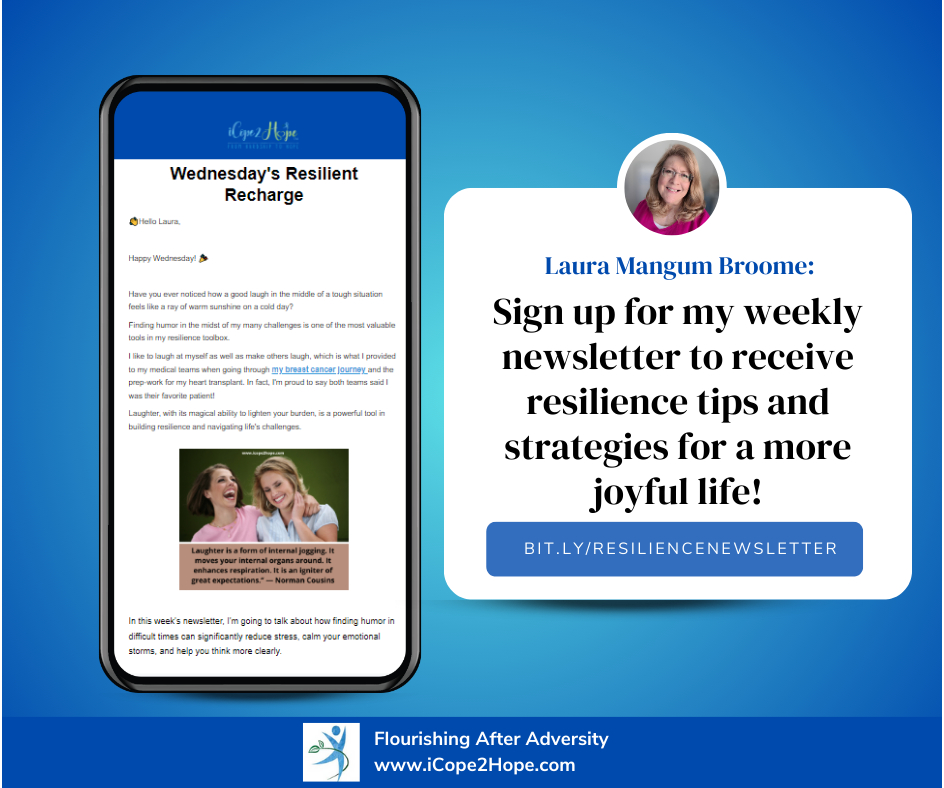Resilience 101: Stress Triggers and Coping Techniques

Stress Can Be Healthy?
Stress is a normal part of our life. Short-term stress can be healthy and a great motivator to get things done.
Long-term stress unrelieved can negatively impact your health both physically and emotionally.
Fortunately, managing your stress is within your control. Recognizing your stress triggers allows you to implement coping skills that work for you.
External vs Internal Stress Triggers
External stress is what happens to you in your surroundings. Internal stressors are created in your mind and can be reactions to your external stress. There are different ways to handle each type and it depends on what's in your control.
External stressors can include your job, finances, divorce, getting married, death of a loved one, poor health, caregiving, and a traumatic event.
Internal stress includes fear, uncertainty, anxiety, worry, unrealistic expectations, a major life change, and a negative outlook.
The key to managing your stress depends on the level of control you have over the stress triggers.
Healthy and Effective Coping Techniques
Once you identify which stress triggers are within your control then it's time to put a plan of action together to be proactive with effective and positive coping techniques.
If you have a plan of action when you feel stress increasing then you won't fall into the trap of negative reactions like stress eating or turning to alcohol, drugs, sex, shopping, gambling, etc.
So let's discuss some healthy coping techniques to deal with stress.
*Exercise - Exercise or consistent movement decreases stress hormones (such as adrenaline and cortisol) and unleashes powerful endorphins in your brain that boost your mood, bring a sense of calm, and act as natural pain killers. No matter if you walk, run, swim, dance, bike, or practice yoga, simply moving your body has a positive impact on your levels of stress.
*Spend time in nature - Being in nature, or even viewing scenes of nature, decreases anger, fear, and stress and improves well-being. Exposure to nature not only makes you feel better emotionally, it also reduces blood pressure, heart rate, muscle tension, and the stress hormone cortisol.
*Get creative - Creative activity is a pleasant form of stress relief. Whatever the medium — painting, knitting, carpentry, coloring, quilting, learning a musical instrument, photography — creating something helps decrease stress. In fact, studies have shown that after participating in a creative activity for 45 minutes, people’s cortisol levels are greatly decreased. The good news is that you don’t even need to be “good” at it.
*Meditate - Meditation is a important remedy to stress. It helps rid your mind of stress-inducing thoughts, creating a sense of relaxation that lasts long after a meditation session. And it can be practiced for only five minutes anytime, anywhere. Meditation is also good for pain management and discomfort.
*Call a friend or volunteer - Humans are social creatures and hard-wired to connect with others. Great ways to reduce stress are calling a friend, joining a virtual group or class, or volunteering in your community. Socializing with others increases the hormone oxytocin, reduces anxiety levels, and improves your ability to cope with stressful situations.
What Will You Do To Recognize Stress Triggers?
Now that we've discussed how to identify stress triggers and effective coping techniques, what is your action plan?
If you need help, please contact me here.
Daily Mantra: Hunt the good stuff, find the humor, keep positive, focus on your blessings. God can bring good out of every situation!
Grab Your Free Guide!
The Reframe the Spiral: 5 Coping Strategies to Shift Negative Thoughts & Reclaim Your Day workbook walks you step-by-step through 5 proven mindset strategies to help you stop negative thoughts in their tracks and reconnect to your strength. You'll learn how to:
- Stop letting your inner critic lead your day
- Discover clarity despite chaos
- Calm intense emotions
- Rebuild your self-trust and confidence
- Create a plan for real possibility
Stay connected with news and updates!
Join our mailing list to receive the latest tips and proven coping strategies to strengthen your resilience. You CAN turn obstacles into opportunities and flourish in life.
We hate SPAM. We will never sell your information, for any reason.



